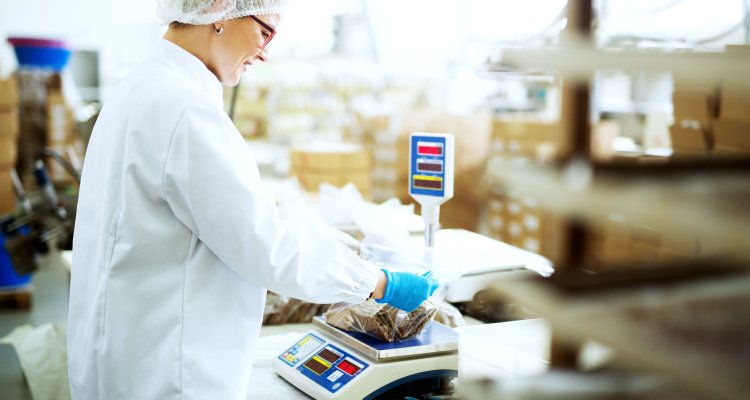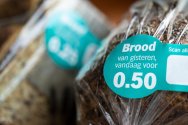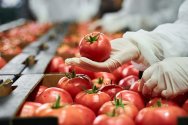
Measuring and Monitoring food waste and impact
Measuring and monitoring waste in the food production chain, from farmer to consumer, pays dividends. Both financially and for the environment. Because if you know where and why losses of food ingredients occur and what their impact is, you can also determine the best way to prevent and reduce them.
Together with Food Waste Free United and its stakeholders, Wageningen University & Research (WUR) has developed templates that allow food waste to be measured throughout the food chain as well as in a specific sector. We have also developed methods to calculate the conversion to impact. This will help you determine the right reduction strategy. Furthermore, it provides a good substantiation of data, helping you to achieve your sustainability goals.
Growing pressure to measure
Agri-food companies are faced with EU legislation that requires them to report regularly on their social and environmental risks and the impact of their activities on people and the environment (see box). This includes figures relating to food waste. The recently introduced Corporate Sustainability Reporting Directive (CSRD) requires companies to measure and monitor their impact. Good substantiation of data is becoming increasingly important with the Green Claims Directive, which states that sustainability claims must be reliable, comparable and verifiable*. However, obtaining these data is not yet easy for companies. Besides requiring specific expertise and effort, there is also a serious lack of good available data in almost all agri-food sectors.
We can help you measure and monitor your food waste and impact
At WUR, we have a track record of developing data (sets/bases), methodologies and models for measuring & monitoring food waste and its impact. For example, every year we publish the NL Monitor Food Waste. We use a chain and sector-specific approach. This makes the outcomes more relevant to the food chain, because it increases data quality and enables sector benchmarking.
How it works
Together with Food Waste Free United, we have developed templates for companies and organisations across the food production chain.
You base your solutions on the reliable figures produced by the templates, following the 'Target-Measure-Act' methodology. This is a proven method to tackle food waste, recommended by the international Champions 12.3 coalition in the Food Loss & Waste Protocol.
In recent years, this in-depth registration method has mapped residual waste flows from various players in the food production chain. This has produced clear insights. With your participation, the methodology will be further refined at (sub-)sector level. We therefore invite you to share your template with us so that we can advise you and broaden the benchmark.
Start now
What you can expect from us
- A sectoral and harmonised approach. Taking into account EU legislation and links to other scientific initiatives.
- Both primary data and derivatives of secondary data.
- A scope that goes beyond food waste, including all material applications.
- In-depth impact calculations, including effects of waste management and valorisation.
- A strong ecosystem at national (STV) and international level (EU platform FLW).
- Impact analyses ranging from EU countries to the Global South.
News about Measuring and Monitoring
Measuring and Monitoring projects
The EU is committed to achieving the global Sustainable Development Goal (SDG) Target 12.3. The aim here is to halve per capita global food waste at the retail and consumer levels by 2030 and reduce food losses along production and supply chains. In 2023, a proposal was made to accelerate progress towards this target.
On 5 January 2023, the EU Directive on Corporate Sustainability Reporting (CSRD) came into force. This directive modernises and strengthens the rules regarding the social and environmental information that companies are required to report. From 2024, a wider group of large companies and listed SMEs within the EU will be required by law to provide limited assurance on their environmental, social & governance (ESG) reporting in their annual reports.
In March 2023, the European Commission approved the Green Claims Directive: a framework of criteria for companies to substantiate their environmental claims. Its aim is to stop companies from making misleading claims about the environmental merits of their products and services.










